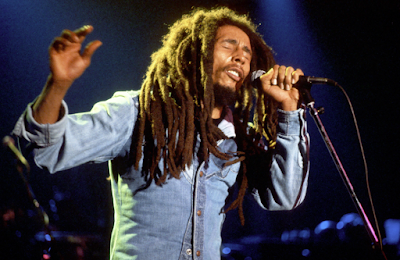However, regardless of whether this influence is total or shared, no one denies its existence, and it has to do with the translation of reggae songs into Spanish, which several Panamanian musicians began to perform in the 80s.
Bob Marley
Robert Nesta Marley Booker, better known as Bob Marley, was certainly the country's best-known and most respected Jamaican musician and songwriter, helping to spread the local sound to a global audience, even influencing punk rock. English from the 70s.
Before that…
But in the case of Panamanian music, it had already been influenced by reggae, long before that, when at the beginning of the 20th century, many Jamaican workers were hired by Panamanian companies to work on the construction of the Panama Canal.
With the Authority of a General
Over the years, that influence took root, until it reached the ears of artists such as: El General, Chicho Man, Nando Boom, and others, who began to sing those reggae songs, in Spanish, shaping a new musical style, derived from it.
Like football?
But if it all started in Panama... Why do we identify reggaeton as Puerto Rican and not Panamanian?
For this, we could use an example based on soccer. Everyone knows that the sport was invented by the English, however, nowadays when we talk about it, that is not the country that comes to mind, but perhaps Spain (for Barcelona or Real Madrid ) or other countries such as Argentina or Brazil.
In other words, it is not a question of who is better or worse, (England are still a power) but who has had the most skilled players, and the best "marketing".
The hotbed
In the 80s, the Puerto Rican rapper, Vico C, began to release albums in Spanish with influences and touches of Hip Hop, Rap and Reggae, for which many in Puerto Rico consider that he was the one who sowed that seed on his island. .
The Daddy
Then Ramón Luis Ayala Rodríguez, better known as Daddy Yankee, would arrive, who along with other great exponents of the Isla del encanto, would revolutionize and modernize that sound, also giving it, in this song that we include here, the name of reggaeton, with which Today we identify the genus.
In other words, the paternity of this rhythm is then shared between those three countries, although in the "birth certificate", the name was given by Yankee.
Is that why they call him Daddy?

